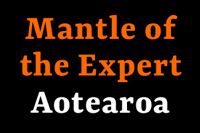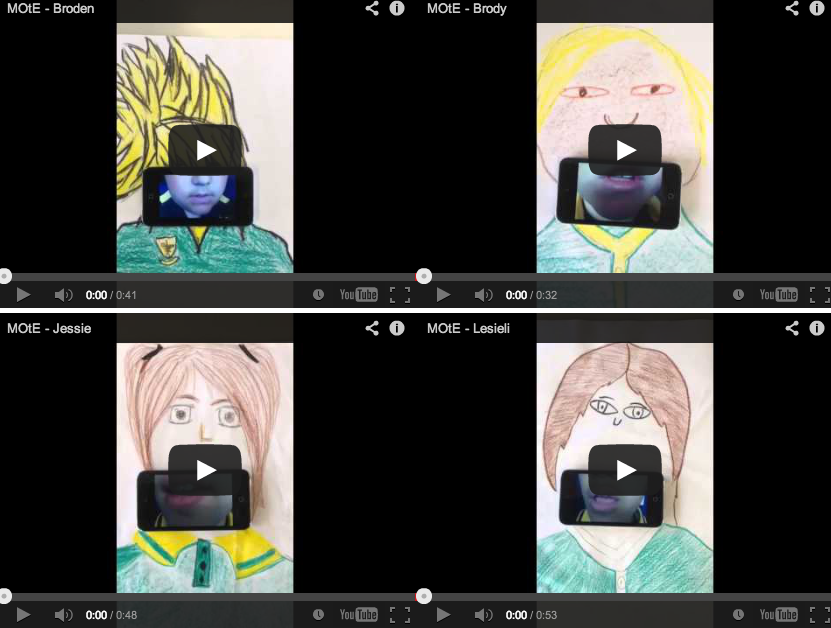This short clip is something rather special. It was captured at the recent Te Aho Tapu symposium, in Hamilton (October 2016) and shows the climax of a teaching demonstration by Prof Peter O’Connor and a group of young people from Rototuna Junior High School. Peter and the children worked together over two sessions exploring ideas and moments from John Marsden’s Home and Away – a quality picture book about the experience of young children caught up in conflict and taken to a refugee camp.
 The children were ‘distanced’ from the material by taking on a variety of roles and perspectives. Here we see them in role as advocates for Toby – a five year old boy whose application for entry is being considered by the Minister for Immigration (Peter in role). See how Peter uses his high status position to pose complex questions, model elevated language and press for commitment… and see how he trusts the silence – and the children. And look how well the children listen to each other, appeal for empathy and reach for poetic language to express their views… Some of the children said afterwards they were so absorbed in the moment they forgot about the circle of onlookers. Some also reflected how this experience had made them want to learn more about refugees and reach out to refugee families in their own community. Powerful stuff!
The children were ‘distanced’ from the material by taking on a variety of roles and perspectives. Here we see them in role as advocates for Toby – a five year old boy whose application for entry is being considered by the Minister for Immigration (Peter in role). See how Peter uses his high status position to pose complex questions, model elevated language and press for commitment… and see how he trusts the silence – and the children. And look how well the children listen to each other, appeal for empathy and reach for poetic language to express their views… Some of the children said afterwards they were so absorbed in the moment they forgot about the circle of onlookers. Some also reflected how this experience had made them want to learn more about refugees and reach out to refugee families in their own community. Powerful stuff!
Thanks to Miguel Garcia who shot the footage and to Peter and the children for permission to share it here.

